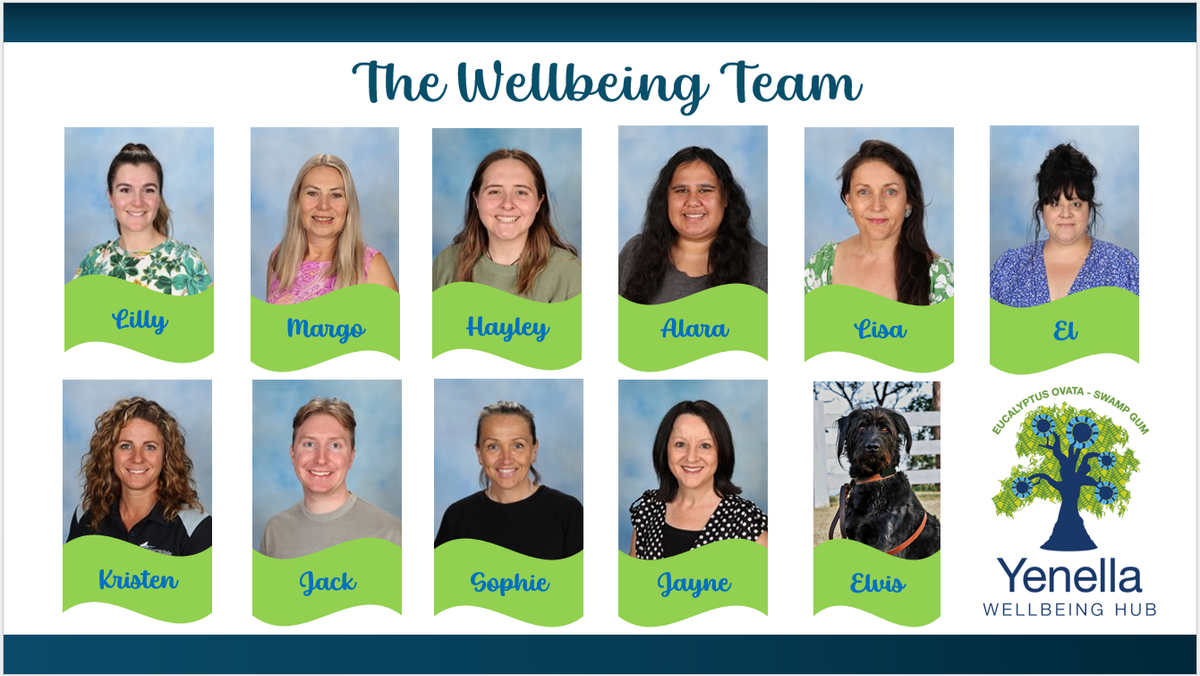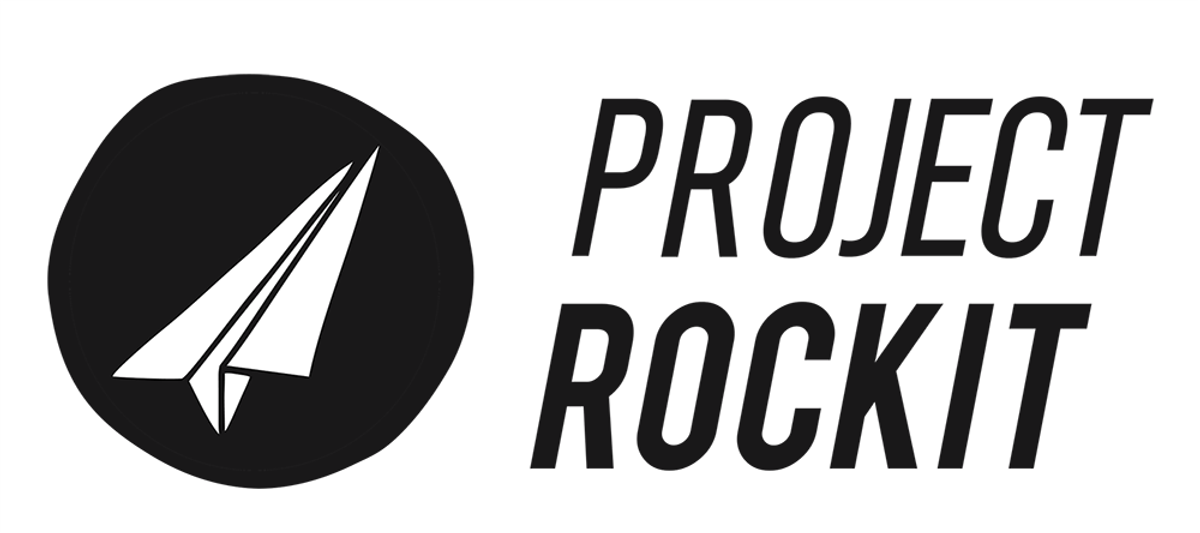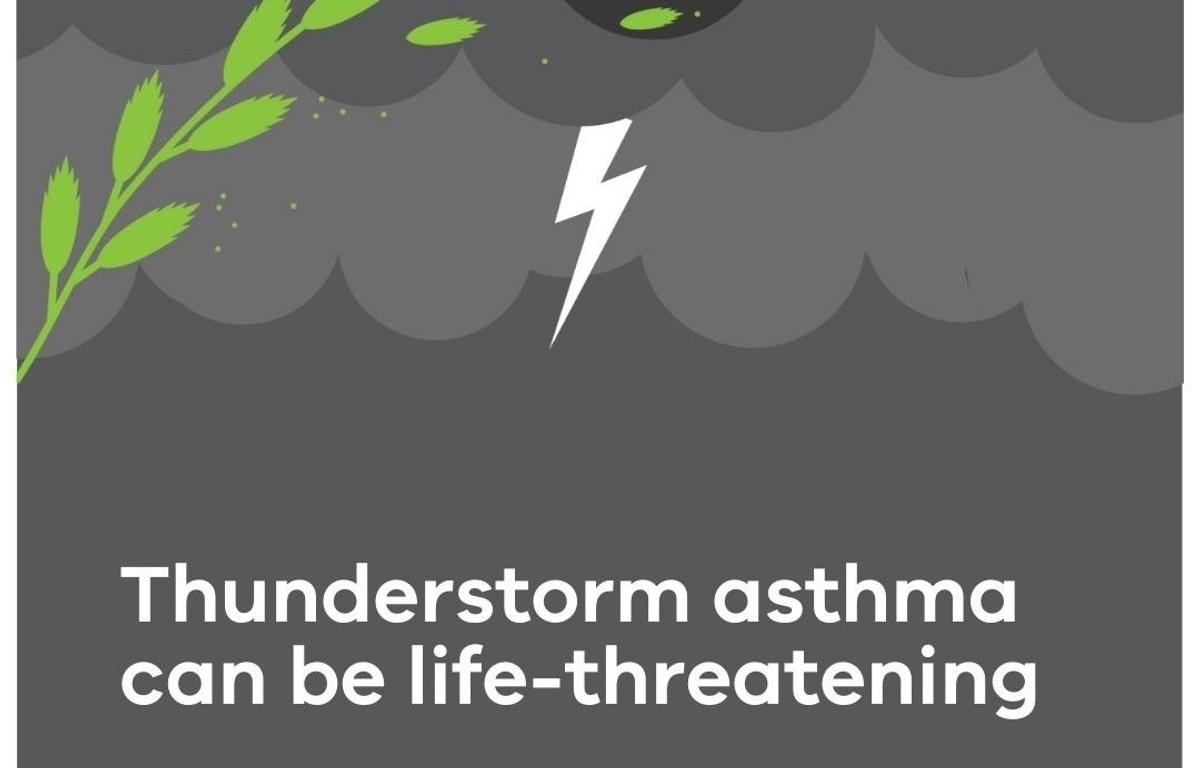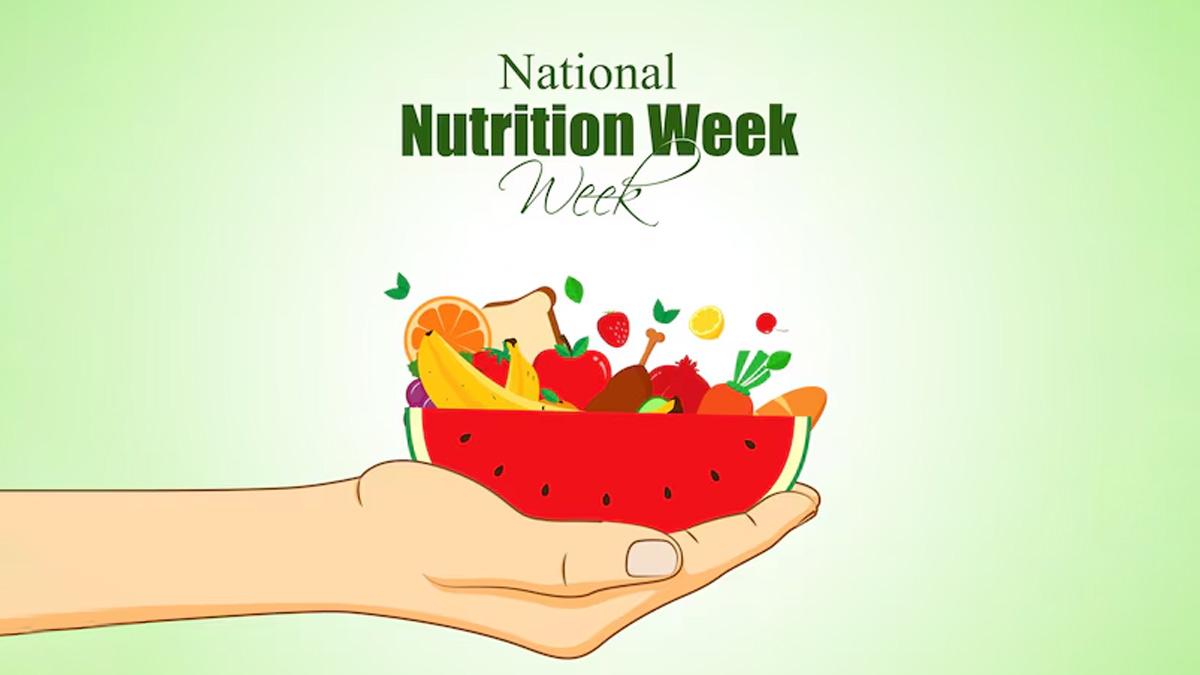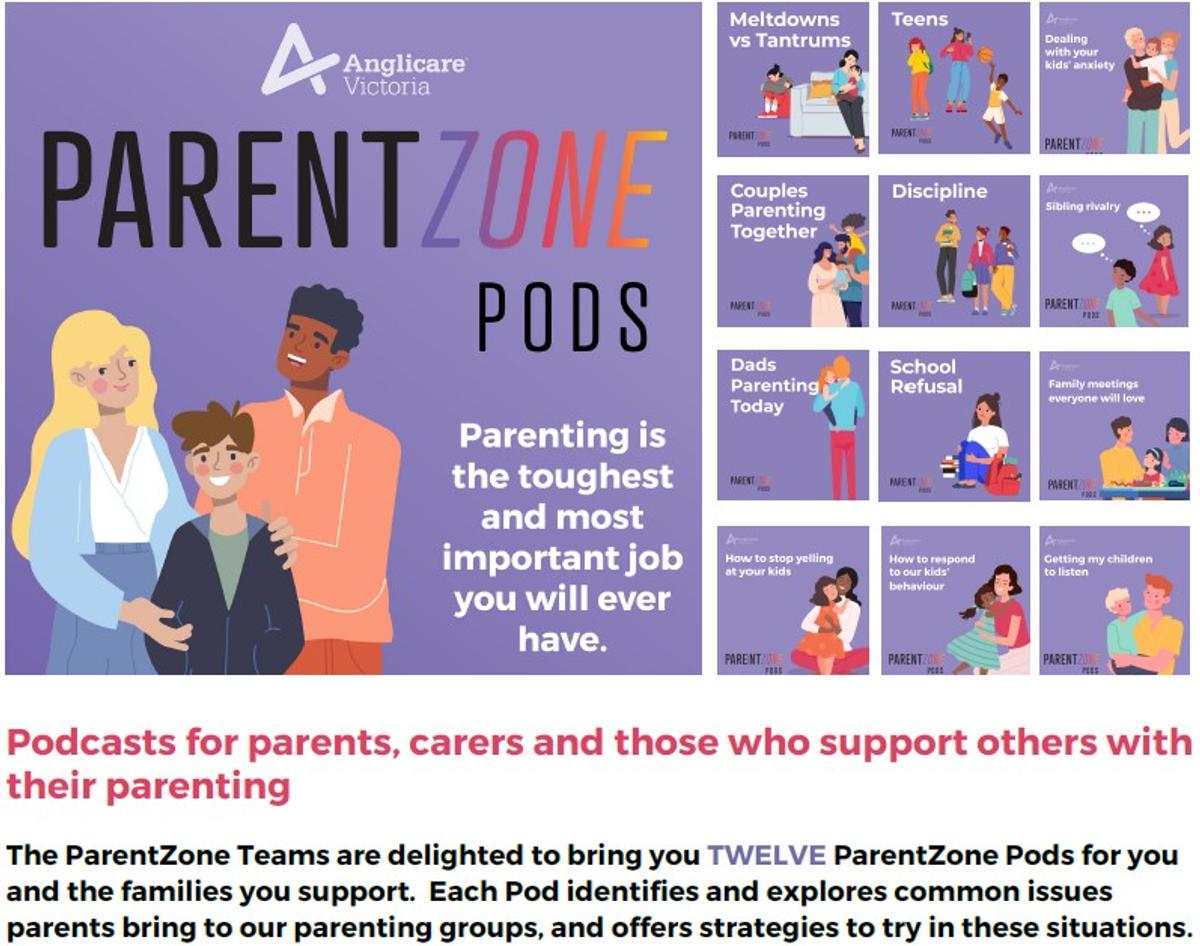Wellbeing
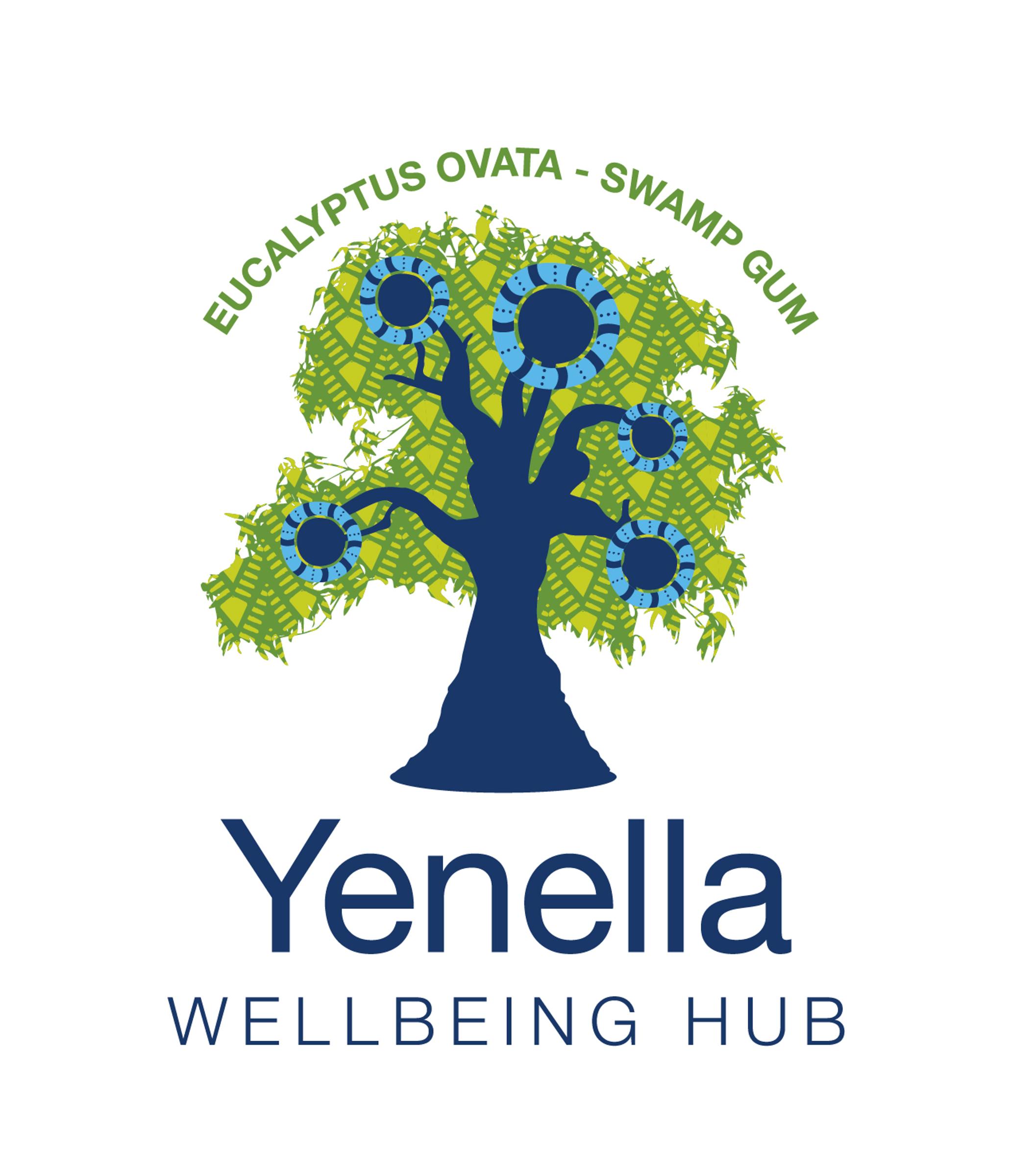
On Tuesday 28th and Wednesday 29th October, BSC will have Project Rockit onsite delivering anti-bullying presentations to our Year 7 and 8 students.
Their approach is built on the simple premise that young people can create positive change in the world around them – Project Rockit’s job is to cultivate the skills, confidence and connection needed to do exactly that. They also work with parents and educators to wrap support around the whole school community.
THE PROBLEM
3x CYBERBULLYING COMPLAINTS
Complaints of serious cyberbullying involving young people under 14 have more than tripled last year compared to pre-pandemic 2019. (eSafety Commissioner)
46% CONTINUE BULLYING BEHAVIOUR
46% of young people aged 12–13 who experienced bullying-like behaviours in the last 12 months had also used these behaviours towards another young person in the same period (AIHW)
60% EXPERIENCING SOCIAL EXCLUSION
60% of young people reported experiencing social exclusion across at least one area of their life including education, relationships, employment, housing and financial status (2022 Youth Survey, Orygen and Mission Australia).
For more information visit: Project Rockit | PROJECT ROCKIT
-------------------------------------------------------------------------------------------------------------------------------------
Thunderstorm asthma events are thought to be triggered by an unusual mix of high levels of grass pollen and a certain type of thunderstorm. During these storms tiny pollen grains from grasses can be swept up in the wind and carried long distances. When exposed to this air, the tiny particles of pollen are breathed deep into your lungs, triggering an asthma flare-up or attack. The peak time for thunderstorm asthma is mainly spring but can extend to December during the grass pollen season.
WHO CAN GET THUNDERSTORM ASTHMA?
Someone might have a higher chance of a sudden asthma flare-up triggered by a thunderstorm if they have:
- seasonal hay fever
- current asthma
- a history of asthma
- undiagnosed asthma.
The chance of having thunderstorm asthma is highest for adults/young people who are sensitive to grass pollen and have seasonal hay fever (with or without known asthma). The worst outcomes are in people with poorly controlled asthma.
ASTHMA ACTION PLANS
Asthma action plans are crucial in schools because they provide a clear, written guide for managing a students’ asthma. If your child has been diagnosed with asthma, an Asthma Action Plan should be developed by their GP/specialist and provided to the College. Following are the key reasons why these are so important:
- Increased risk at school: The start of the school year is a common trigger for asthma flare-ups because of exposure to new viruses, different environments, and changes in routine.
- Need for consistent care: Students are in a new environment with many new people, and a plan ensures that all staff are aware of the student's specific needs and know how to provide care consistently throughout the day, not just when parents are present
- Legal and ethical responsibilities: Schools have a responsibility to support students with health conditions, and the action plan provides the necessary documentation for staff to fulfill that duty of care.
OTHER POINTS:
- Taking an asthma preventer properly and regularly is also key to preventing asthma, including thunderstorm asthma.
- If your child has hay fever, see your pharmacist or doctor for a hay fever treatment plan and check if you should have an asthma reliever puffer. These are available from a pharmacy without a prescription.
- If you have one, always carry your reliever inhaler with you, especially on high-risk days
- Where possible, avoid being outside during thunderstorms from October to December, especially during the wind gusts that come before the storm. Go inside and close your doors and windows. If you have your air conditioning on, turn it to ‘recirculate’.
VIC EMERGENCY
Vic Emergency is a centralised website for Victorians to find emergency information and warnings. The website has a real-time map display with incidents across the state including thunderstorm asthma warnings. Visit the website to download the mobile app.
For pollen monitoring in Victoria, you may like to save this Melbourne Pollen page as one of your favourites
-------------------------------------------------------------------------------------------------------------------------------------
National Nutrition Week (October 13 – 19) is an annual campaign held in Australia with the theme for 2025 being "Love what you eat". The campaign, run by the National Nutrition Foundation, focuses on making food and nutrition a joyful and positive experience, highlighting how mindful eating can nourish both the body and community connections. The event encourages celebrating food through cooking, sharing meals, and other activities.
WHY NUTRITION IS SO IMPORTANT FOR TEENS
Supporting Growth and Development
- Rapid Growth: Adolescence is a critical period of rapid growth, including a significant growth spurt during puberty. A balanced diet provides the essential nutrients to support this growth.
- Bone Health: A diet rich in calcium and vitamin D is essential for building strong bones and laying the foundation for good bone health in adulthood, as about one-third of adult bone is developed during this time.
- Muscle and Cell Repair: Nutrients like protein are vital for building and repairing cells, strengthening muscles, and supporting overall body development.
Impact on Mental and Emotional Wellbeing
- Energy Levels: Food provides fuel for the body, and adequate nutrition ensures teenagers have the energy they need for physical activities, school, and daily life
- Mood and Concentration: Nutrition influences mental and emotional health, affecting mood, concentration, and energy levels.
- Cognitive Function: Micronutrients found in a varied diet are crucial for the brain to develop and function properly.
Long-Term Health Benefits
- Disease Prevention: Healthy eating habits established during adolescence can significantly reduce the risk of developing chronic diseases in adulthood, such as Type 2 Diabetes, high blood pressure and heart disease.
- Weight Management: A balanced diet helps teenagers maintain a healthy weight, allowing their height to "catch up" during periods of growth, rather than leading to unhealthy weight loss.
Essential Nutrients for Teens
- Vitamins and Minerals: Key micronutrients like calcium, Vitamin D, iron and magnesium are crucial for development
- Proteins: Include lean meats, fish, poultry, eggs, nuts, seeds, beans, and lentils for protein to build muscles and organs, as well as iron to prevent anaemia.
- Fruits and Vegetables: Eat a wide variety and colorful assortment of fruits and vegetables daily for essential vitamins, minerals, fibre, and antioxidants.
- Whole Grains: Choose whole grain options like whole wheat bread, brown rice, and oats for sustained energy and fibre
- Dairy: Incorporate low-fat milk, yogurt, or cheese for essential calcium to support bone growth.
- Healthy Fats: Include healthy fats from sources like avocados, nuts, and seeds, which are important for brain development.
- Water: important for regulating body functions and staying hydrated.
-------------------------------------------------------------------------------------------------------------------------------------
ParentZone offer all carers and parents a chance to develop and strengthen their parenting skills and create positive change in their family. We provide free parenting groups, workshops, resources, and training for parents and the professionals who work with them.
TERM 4 ONLINE PARENTING PROGRAMS
TALKING TEENS
6-week program for parents of 12- to 18-year-olds
- Understand more about teenage behaviour
- Explore strategies to deal with conflict
- Help your adolescents manage their emotions
- Improve your relationship with your teenager?
Dates: Tuesdays (6 evening sessions) 21st October - 2nd December 2025
(No session 4th November - Cup Day)
Time: 7.00pm - 9.00pm
Venue: Online via Zoom
Cost: Free
Bookings/Enquiries: Julia on 0400 866 495 or email julia.russell@anglicarevic.org.au
-------------------------------------------------------------------------------------------------------------------------------------
STRENGTHING PARENTS SUPPORT PROGRAM
For parents & carers of children with a disability, developmental delay or neurodivergence (including ASD, ADHD & AuDHD).
- Are you a parent or carer of a child with a disability or developmental delay and/or Neurodivergence (with or without a formal diagnosis)?
Could you use a bit of support and connection with others who understand?
Join other parents and carers at one of our monthly peer support groups. Share stories and strategies, a chat and some laughs with other supportive parents and carers in a casual and comfortable environment. You can join one or as many groups as you like! Free of charge but bookings are required.
Online Group
Dates: Fortnightly on Thursdays mornings during school term
Time: 10.30am - 11.30am
Location: Online via Zoom
Tuesday online support group
Dates: Fortnightly Tuesday mornings during school term. Finishing with a quick selfcare activity
Time: 10.30am - 11.30am
Location: online via zoom
To register your interest or for more information, contact Michelle on 0438 646 744 or email StrengtheningParentSupport@anglicarevic.org.au
---------------------------------------------------------------------------------------------------------------------DADS ONLINE
Dads come in all shapes and sizes and many are part of a separated family. There is one distinct common thread that connects us, we love our children, we embrace fatherhood and intentionally make it a priority. We provide relevant information and ideas that tap directly into the heart of topics that are most important to Dads.
Where: OnlineContact - Dads Online
------------------------------------------------------------------------------------------------------------------------
FAMILY DRUG SUPPORT
Family Drug Support runs peer support group meetings at a range of locations in Victoria as well as online. This group is open to anyone who has a family member that uses drugs or alcohol. It is non-religious, non-judgmental, and safe.
When: Wednesday and Thursday fortnightly
Where: Currently, all groups are held online.
Cost: Free
Contact: Chloe on 0448 177 083
------------------------------------------------------------------------------------------------------------------------
Podcast Series 1
Episode 1: Family Meetings
Episode 2: Dealing with Anxiety
Episode 3: Sibling Rivalry
Episode 4: Getting Children to Listen
Episode 5: How to Respond to Kids' Behaviour
Episode 6: How to Stop Yelling at your Kids
Podcast Series 2
Episode 1: Positive Discipline
Episode 2: School Refusal
Episode 3: Parenting our Teenagers
Episode 4: Meltdowns vs Tantrums
Episode 5: Couples Parenting Together
Episode 6: Dads Parenting Today
ParentZone Pods can be found on our website, Apple and via Spotify

